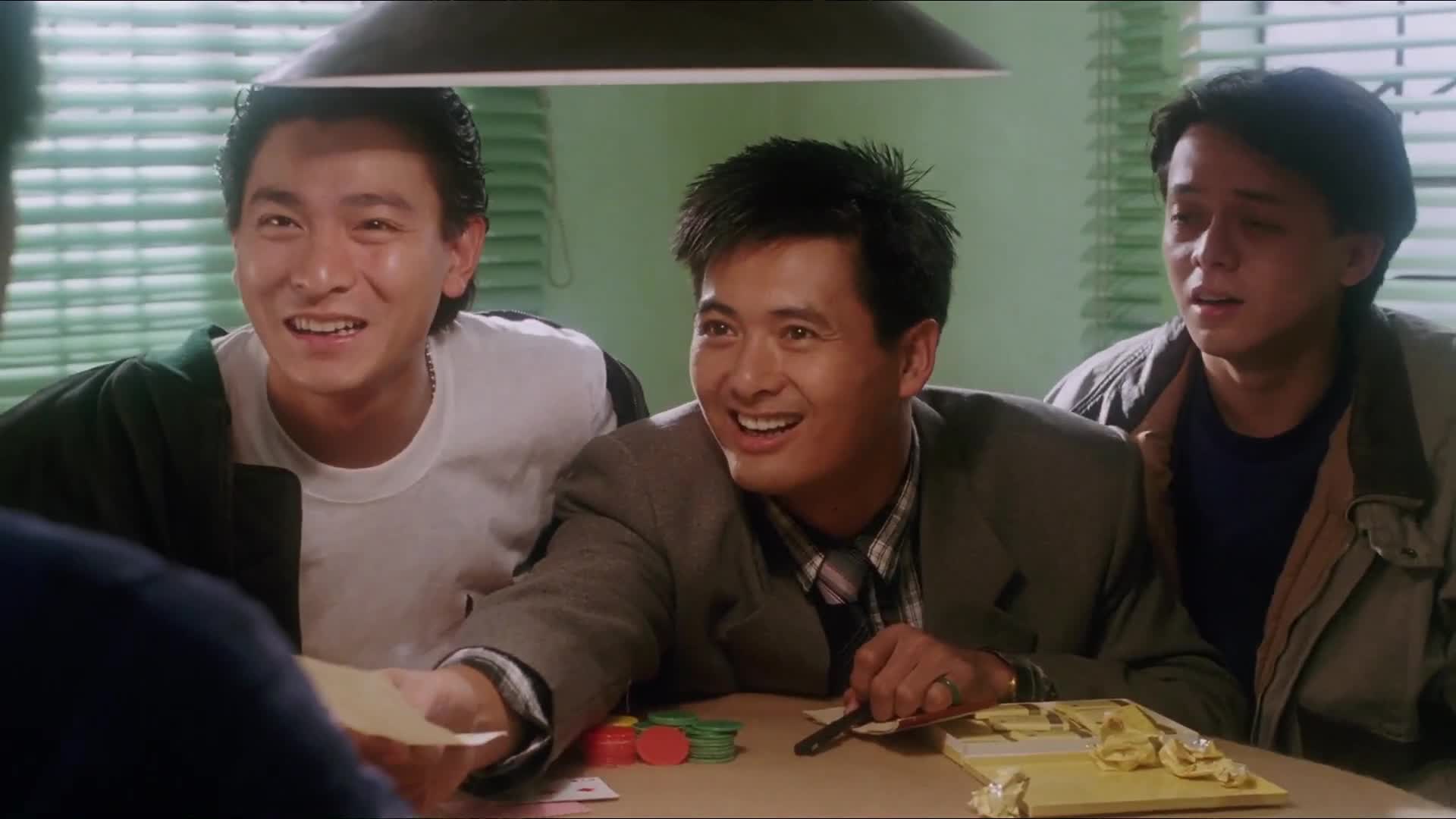In the realm of gambling, players often consider luck, the house edge, or perhaps even other players as their greatest adversaries. However, a gambler’s biggest enemy is not found on the casino floor or in the cards they are dealt. It is within their own mind. This blog post will explore the psychological challenges that gamblers face, the traps they can fall into, and how they can navigate the mental minefield of gambling.
The Psychological Pitfalls of Gambling
The Illusion of Control
Many gamblers fall prey to the illusion of control, believing they can influence the outcome of games of chance. This cognitive bias can lead to overconfidence and risky betting behaviors.
The Gambler’s Fallacy
Another common mental trap is the gambler’s fallacy, the belief that past events can predict future outcomes in games of independent chance, leading players to make misguided bets based on previous results.
Emotional Decision-Making
Chasing Losses
One of the most emotionally driven behaviors in gambling is chasing losses. Gamblers often continue to play in an attempt to recover money they have lost, which can lead to further losses and a cycle of bad decision-making.
The High of Winning
Conversely, the euphoria of winning can be just as dangerous, prompting gamblers to bet more aggressively in pursuit of that feeling, often resulting in losses that outweigh their wins.
Cognitive Distortions in Gambling
Selective Memory
Gamblers may remember their wins more vividly than their losses, creating a distorted view of their gambling history and leading to an overestimation of their abilities and chances of success.
Superstitions and Rituals
Many gamblers develop superstitions or rituals that they believe will increase their luck. These practices can lead to a reliance on patterns that do not actually exist.
The Role of Ego in Gambling
Overestimating Skill
A gambler’s ego can lead them to overestimate their skill level, especially in games like poker or Blackjack, where there is a strategic element. This can result in poor decision-making and increased losses.
The Desire for Social Validation
The social environment of a casino can fuel a gambler’s ego, as they seek validation from their peers. This need for recognition can drive them to take unnecessary risks.
Financial Mismanagement
Poor Bankroll Management
Effective bankroll management is crucial for successful gambling. A lack of discipline in managing funds can lead to betting more than one can afford to lose, resulting in financial hardship.
The Sunk Cost Fallacy
The sunk cost fallacy is the tendency to continue gambling to recoup lost money, ignoring the fact that these costs are irrecoverable and should not influence future betting decisions.
Strategies to Combat the Mental Enemies of Gambling
Educating Yourself
Understanding the games, odds, and the fallacies of gambling can help combat cognitive biases. Knowledge is a powerful tool against the mental traps of gambling.
Setting Limits
Establishing strict limits for wins and losses can help maintain control over your gambling habits. Decide on these limits before you start playing and stick to them.
Practicing Mindfulness
Being mindful of your emotions and thoughts while gambling can help you make more rational decisions. Take breaks, reflect on your choices, and ensure you are not being led by emotions.
Conclusion
The gambler’s biggest enemy is not an external force but their own psychological and emotional vulnerabilities. By recognizing and understanding these internal adversaries, gamblers can arm themselves with strategies to mitigate their influence. Remember, the most successful gamblers are not those who win the most money but those who have mastered their own minds. As you approach the gambling table, keep in mind that the greatest victory is over yourself.
